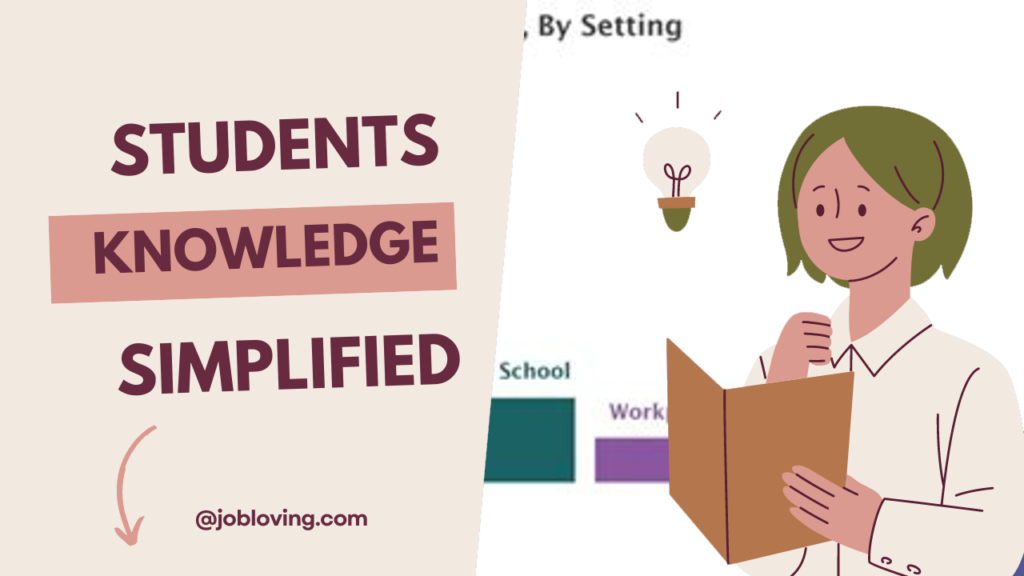The Ivy League Illusion: Can You Really Afford Harvard If You’re Poor?
Imagine Harvard University, with its ivy-clad walls and elite reputation, your dream school, yet you can’t shake the nagging thought: Can I study in Harvard if I’m poor?. It’s a sentiment echoed by countless aspiring students and their families. Still, here’s the game-changing truth: You can afford Harvard. Yes, you read that correctly. Allow me to take you on a detailed journey through Harvard’s financial aid options and dismantle the elitist myth surrounding one of the world’s most prestigious academic institutions.
Need-Blind Admissions: Your Wallet Doesn’t Define You
First things first, let’s talk about one of the cornerstones of Harvard’s admissions policy: need-blind admissions. This means that your financial need, as well as your aid application, never impacts your chances of being accepted. A stellar GPA? Impressive test scores? Compelling personal narratives? That’s what counts here.
About 24% of Harvard families pay nothing for their children to attend, showing that the university is serious about making education accessible for everyone. More than this, for families earning below $85,000 annually, contributions toward educational costs are non-existent. Can you believe that?
100% Need-Based Aid: How It Works
So, what does 100% need-based aid really mean? In short, it means that financial aid packages are built to cover the full cost of attendance based on the assessed family financial need. Rising tuition? Not a problem. Room and board? Covered. Travel and personal expenses? Included, too. Over 90% of American families find Harvard more affordable than public universities when financial aid is taken into account.
Financial Aid for All: No Exceptions
Here’s the kicker: Harvard offers equal financial aid opportunities to all students, regardless of nationality. For those who think financial assistance is only reserved for U.S. citizens, think again! If you’re an international student dreaming of attending Harvard, the doors are wide open for you as well.
Let’s not forget the inspiring numbers: 55% of Harvard undergraduates receive need-based scholarships. That’s over half! Furthermore, many families with an annual income exceeding $200,000 still receive financial aid due to extenuating circumstances. Clearly, this isn’t just about being rich or poor—it’s about your particular situation.
Breaking Down Financial Contributions
Many families earn between $85,000 and $150,000 annually and contribute anywhere from 0% to 10% of their income toward educational costs. Meanwhile, a staggering one in five of Harvard’s undergraduates hail from households earning less than $65,000 annually, which means they pay absolutely nothing for their education!
There’s a common misconception that wealth dictates educational opportunities; however, Harvard’s financial aid approach reflects a holistic understanding of each student’s unique financial landscape. For families who own their home, don’t worry—home equity and retirement savings are excluded from financial aid calculations. It’s like they’re saying, “We want you here, don’t sweat the small stuff!”
The True Cost of a Harvard Education
Here’s where it gets really interesting. The average financial aid package for 2023-2024 stands at a jaw-dropping $68,700, significantly easing the financial burdens students might face. Families earning less than $150,000 end up paying, on average, only around $12,000 a year for an education that provides pathways to an incredible future.
Imagine if attending Harvard could cost less than being enrolled in a community college. Yes, financial aid paired with a commitment to inclusivity can make the seemingly impossible, possible.
Support Beyond Just Numbers
Harvard isn’t just about crunching numbers; they genuinely aim to ease financial anxiety. Financial aid officers work closely with families, assessing unique needs and crafting customized solutions throughout the four years. This nurturing approach fosters conditions where students can concentrate on their academic pursuits rather than financial woes.
Life After Harvard: A Holistic View
While the pathway to success is undoubtedly vital, it’s crucial to note that attending Harvard does not guarantee success. Many bright and successful individuals never graduated from elite institutions. To truly make an impact, attributes like passion, perseverance, kindness, and determination are far more critical than merely checking off elite educational credentials.
As you navigate the complexities of financial aid and admissions, remember this: grades alone won’t cut it. A compelling personal statement showcasing your journey, ambitions, and experiences can mean the difference between acceptance and rejection—which leads us to the essence of Harvard’s success ethos.
The Journey Begins: Take the First Step
Students can easily estimate their expected contribution to their Harvard education using the online net price calculator available on the university website. This resource allows prospective students and their families to visualize the financial landscape, making it less daunting and more manageable.
The Bottom Line: Embracing Opportunities at Harvard
In conclusion, can you study at Harvard if you’re poor? Absolutely! The university’s deep commitment to affordability and access makes it a reality for talented students from all backgrounds. Through generous and equitable financial aid policies, Harvard strives to arm individuals with the knowledge and lifelong networks they need to change societies. Financial circumstances should never deter your desire to pursue education at such a celebrated institution.
So, if you have the passion, perseverance, and drive—don’t hold back! Embrace the opportunities available to you at Harvard, regardless of your financial background. After all, talent can grow in the most unexpected places, and perhaps one day, you’ll walk the hallowed halls of Harvard as proof that dreams really do come true.

